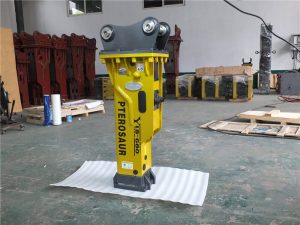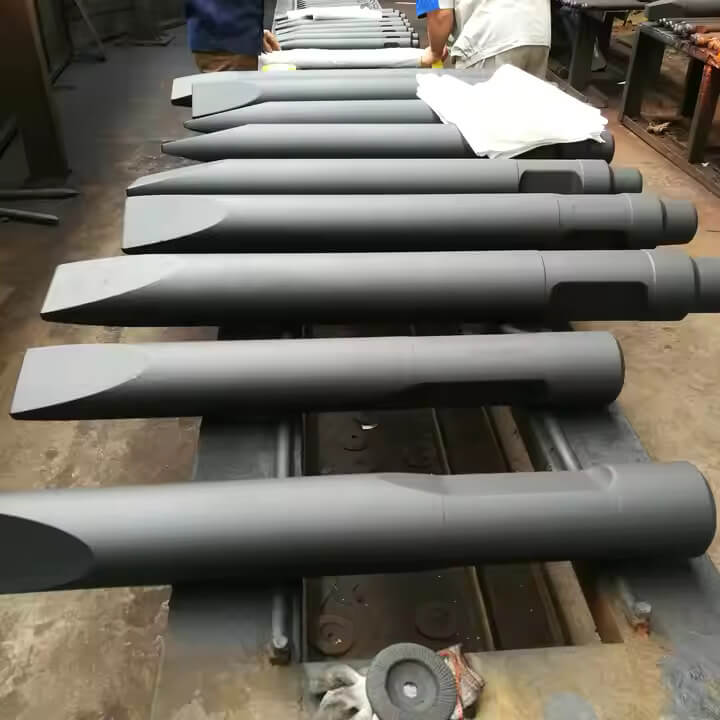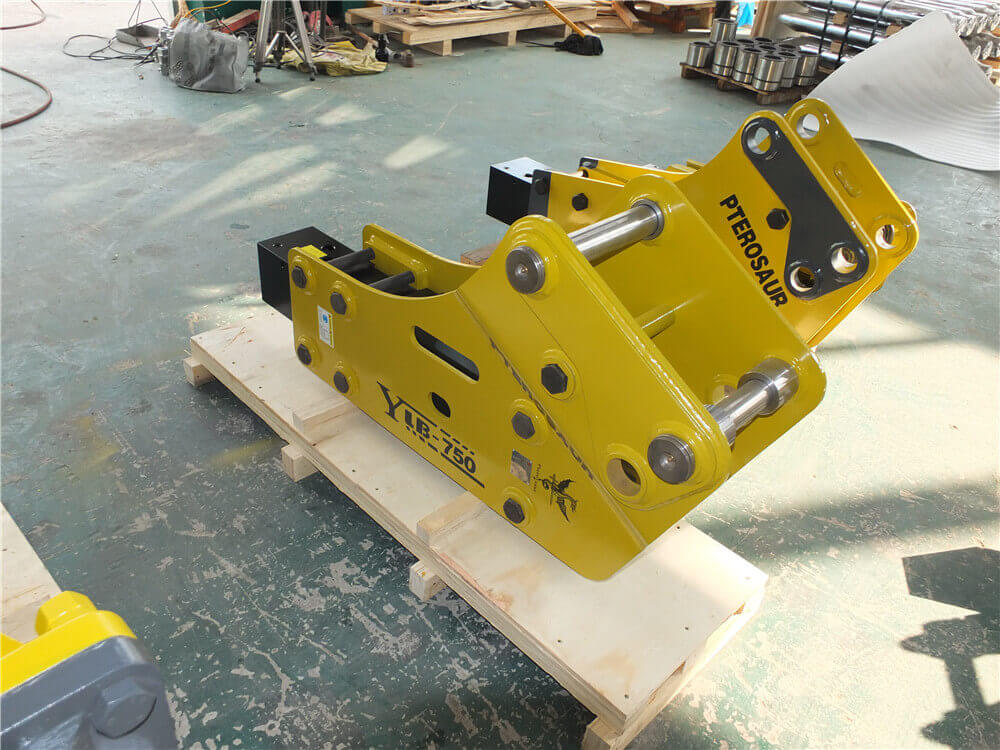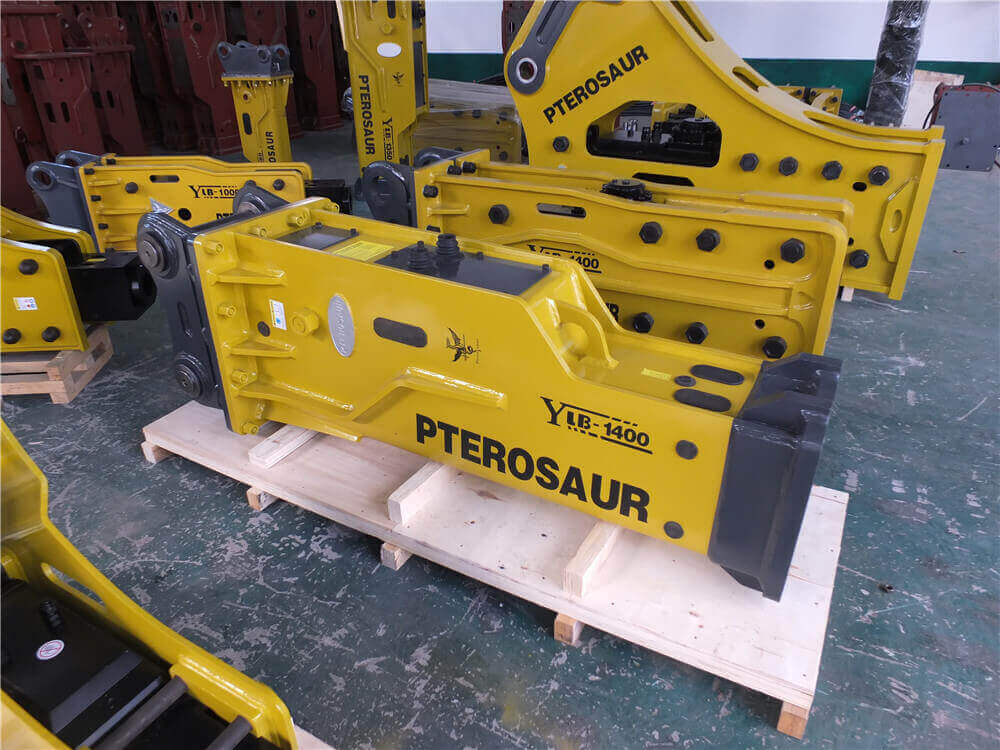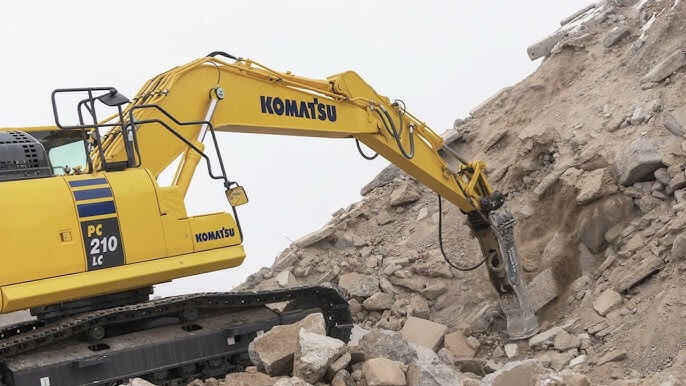The Ultimate Guide to Concrete Breakers and Demolition Hammers
When it comes to tackling tough jobs like breaking up rock, concrete, and pavement, concrete breakers and demolition hammers are indispensable tools. With the latest technology, these machines provide powerful solutions for various demolition tasks, making them essential for both professional contractors and DIY enthusiasts.
What are Concrete Breakers and Demolition Hammers?
Concrete breakers, also known as jackhammers, are designed to chisel, chip, and break apart hard materials. They operate using an electric motor or pneumatic energy, generating high-impact force that makes quick work of solid surfaces. Demolition hammers are similar but typically focus on lighter tasks, such as breaking up tiles or concrete slabs.
Types of Concrete Breakers
-
Electric Concrete Breakers: These machines are powered by electricity and are ideal for indoor or residential projects. They are relatively lightweight and easy to maneuver.
-
Pneumatic Breakers: These tools use compressed air to create powerful impacts and are often used in heavy-duty construction work.
-
Hydraulic Breakers: Often used as attachments for excavators, these hydraulic hammers provide immense power and can handle large-scale demolition tasks effectively.
Brands You Can Trust
-
Bosch: Renowned for their high-quality tools, Bosch offers a variety of concrete breakers that are efficient and durable. Their models often feature low vibration technology for user comfort.
-
DeWalt: Known for their reliable power tools, DeWalt’s breakers are perfect for smaller demolition jobs, combining power with portability.
-
Stanley: Stanley’s Cyclone series features hydraulic hammers designed specifically for demolition and recycling, making them a popular choice in the industry.
Choosing the Right Concrete Breaker
Selecting the appropriate concrete breaker for your project is critical. Here are some factors to consider:
-
Job Size: For small projects, electric or mini concrete breakers may suffice. For larger jobs, consider pneumatic or hydraulic models.
-
Material Thickness: Ensure the breaker you choose can handle the thickness of the concrete or material you are working with. Using a breaker that is too small can prolong the job and reduce efficiency.
-
Weight and Portability: Depending on your work environment, weight might be a significant factor. Smaller, lighter models may be easier to transport.
Rental vs. Purchase
For those who only require a concrete breaker for a one-time project, renting may be a more cost-effective option. However, if you frequently undertake demolition tasks, investing in a high-quality concrete breaker could save you time and money in the long run. Various companies offer rental services, ensuring you get the right tool for your needs without the commitment of a purchase.
Conclusion
Concrete breakers and demolition hammers are invaluable tools for breaking through tough surfaces. With a variety of models available, from electric to hydraulic, it’s crucial to choose the right one based on your specific needs. Trusted brands like Bosch, DeWalt, and Stanley provide options that combine power and efficiency. Whether you’re a professional contractor or a DIY enthusiast, having the right concrete breaker can significantly enhance your productivity and effectiveness on the job site.
For those looking to acquire a concrete breaker, consider shopping at retailers like Screwfix, which offers a wide selection of powerful breakers with convenient delivery options seven days a week. Explore your options today and get ready to tackle your next demolition project with confidence!

